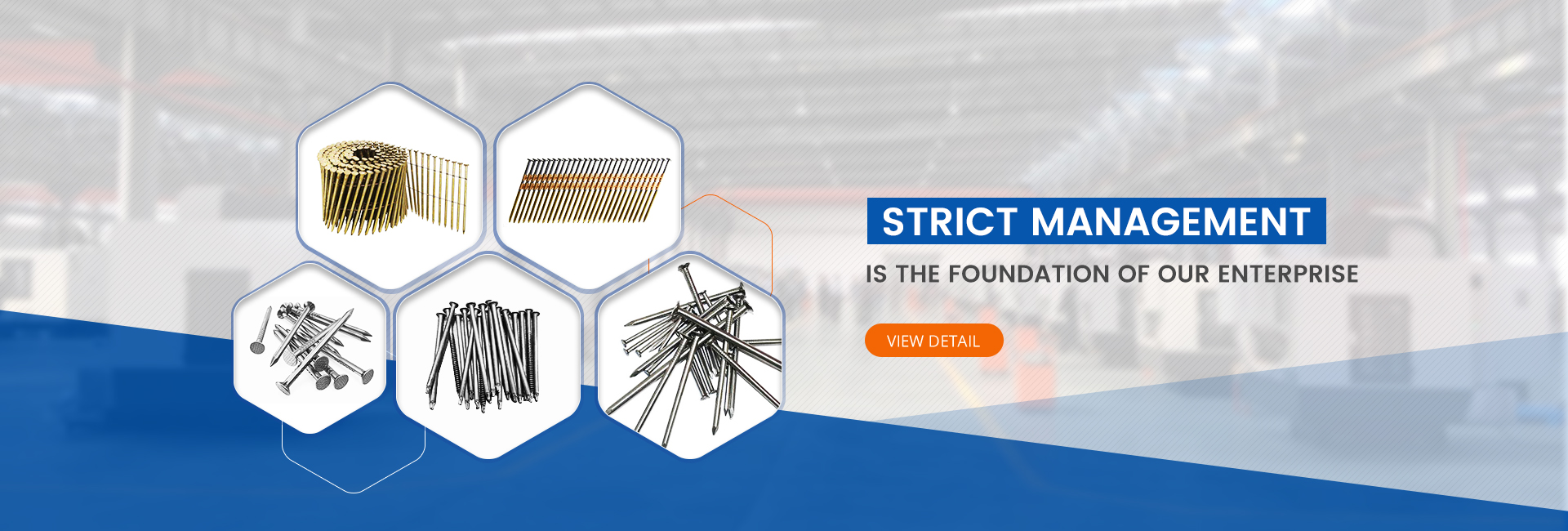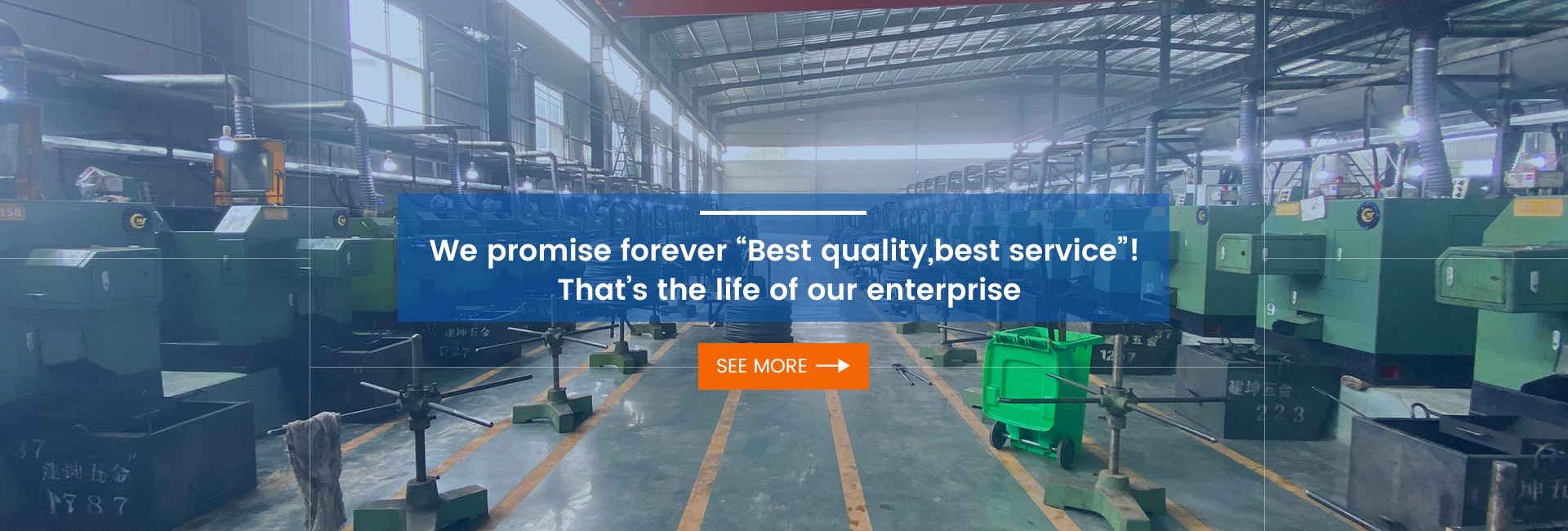Drywall screws are engineered for strength, precision, and long-lasting performance. However, their quality can be compromised if they are not stored or handled correctly before use. Even the most durable screws, with advanced coatings and high-grade materials, are vulnerable to environmental conditions that may reduce their effectiveness. For builders, distributors, and contractors, maintaining the quality of drywall screws is just as important as selecting the right type for each project.
One of the most critical factors is moisture control. Drywall screws are particularly susceptible to rust if they are exposed to humidity for extended periods. Once corrosion begins, not only does the screw lose its professional appearance, but its structural integrity can also be weakened, reducing holding power. To prevent this, screws should always be stored in a dry environment, away from damp floors, walls, or open-air warehouses. Using dehumidifiers in storage facilities can provide extra protection in regions with high humidity.
Packaging also plays a key role. Screws are usually packed in sealed cartons or boxes that protect them from both dust and moisture. It is advisable to keep screws in their original sealed packaging until they are ready to be used on site. Opening packaging too early increases the risk of exposure, and partially used boxes should be resealed immediately after use. For larger-scale construction sites, proper labeling and covered storage bins can help ensure that screws remain uncontaminated and easy to manage.
Temperature fluctuations are another factor that can affect screw quality. Extreme heat may degrade protective coatings, while cold and damp conditions can accelerate condensation and corrosion. Storing screws in temperature-stable environments ensures that coatings such as black phosphate, electro-galvanized, or hot-dip galvanized finishes remain intact and perform as intended. Contractors should also avoid storing screws near heat sources or in unventilated metal containers that may trap condensation.
Finally, regular inspection of inventory is recommended. By checking for early signs of rust, damaged packaging, or irregularities in screw appearance, issues can be identified before screws reach the job site. This not only ensures consistent fastening quality but also helps avoid costly project delays caused by weak or defective fasteners.
In summary, maintaining drywall screw quality requires attention to storage conditions, packaging integrity, and temperature control. By following these best practices, builders and suppliers can ensure that every screw delivers its full strength and reliability when it is most needed.
Post time: Aug-25-2025



